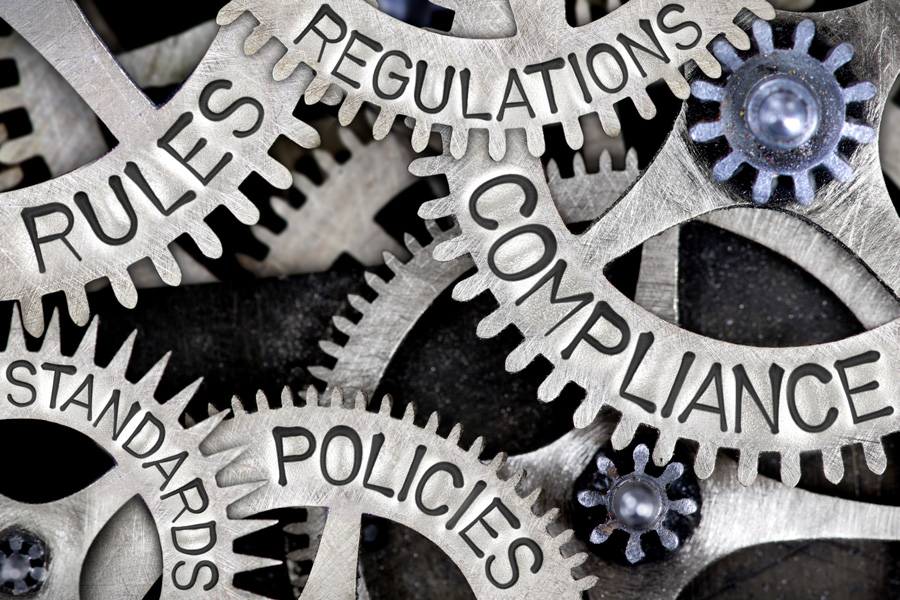

“If something cannot go on forever, it will stop.” That epigram, which became known as Stein’s Law after economist Herb Stein, who served as chairman of the Council of Economic Advisers under Richard Nixon and Gerald Ford, was meant to explain that an unsustainable economic trend — such as ever-increasing taxes or growing deficit-spending, for example — eventually ends because there is simply no possible way for it to continue.
A corollary of Stein’s Law — “If whatever being regulated changes, so must the regulation” — could well apply in the securities business. An example is a recent proposal by the Financial Industry Regulatory Association Inc. regarding inspections. As Senior Reporter Mark Schoeff Jr. recently wrote, Finra has asked the Securities and Exchange Commission to approve a three-year voluntary pilot program for financial firms that want to continue remote inspections of branch offices and other locations. The pilot effectively would keep in place what Finra has allowed since November 2020 in response to the pandemic, which caused most brokerages to switch to remote operations.
Remote work, which everyone assumed would be temporary, has turned out to be a seemingly permanent way of operating. For a wide variety of businesses, the shift has ramifications that have yet to play out. Owners of office buildings, for example, are struggling with tremendous uncertainty over the value of their properties. For broker-dealers and other regulated entities in the securities business, however, at least one implication of remote work is clear: There must be a way to oversee registered representatives and others that reflects the new reality, as well as new ways for regulators to ensure compliance.
Finra said the pilot program, if approved by the SEC, will help it collect data on how effective remote inspections are. Those data will help the regulator assess possible long-term rule changes. Whatever permanent regulatory changes come in this area, there’s no doubt they will require a greater use of technology, which means an even greater investment in tech tools.
For smaller firms already at a scale disadvantage, this will be an additional motivation to be acquired, merge or to exit the business. For larger firms, new technology to monitor remote work will mean stepped-up efforts to bolster cybersecurity and new uses of artificial intelligence to assess and predict the actions of those being monitored.
For advisers and other registered personnel, greater remote monitoring likely will require even greater care in keeping work technology and equipment separate from the proliferation of personal tech tools. The days of sending a text to a client from a cellphone or communicating via a tablet or anything else that isn’t exclusively used for work and scrupulously protected may be coming to an end.
The greater use of technology also may mean that, at some point in the future, 24/7 real-time monitoring of all broker-dealer activities will be the way oversight is conducted.
Some probably believe that’s inevitable. What might Herb Stein say?

Relationships are key to our business but advisors are often slow to engage in specific activities designed to foster them.

Whichever path you go down, act now while you're still in control.

Pro-bitcoin professionals, however, say the cryptocurrency has ushered in change.

“LPL has evolved significantly over the last decade and still wants to scale up,” says one industry executive.

Survey findings from the Nationwide Retirement Institute offers pearls of planning wisdom from 60- to 65-year-olds, as well as insights into concerns.
Streamline your outreach with Aidentified's AI-driven solutions
This season’s market volatility: Positioning for rate relief, income growth and the AI rebound
